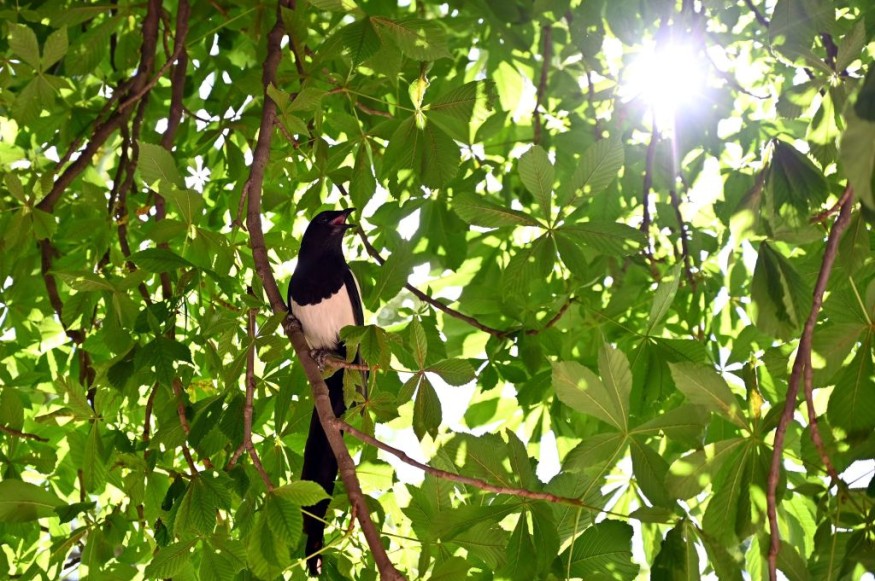
Researchers did not anticipate to uncover totally fresh behavioral patterns in pigeons when researchers connected small, backpack-like GPS trackers to five Australian magpies for a preliminary experiment.
The objective was to understand further regarding the mobility and contextual factors of these very clever animals, as well as to put these novel, long-lasting, and repeatable technologies to the trial.
Initial Installation of Tracking Devices on Magpies
Researchers coached a flock of native magpies to flock to an outside, floor unit that might remotely power the device's bank, transfer files, or unleash the monitor and collar with the help of a magnetism.
Although scientists are aware that magpies are clever and gregarious species, this was the earliest case they were aware of that demonstrated this sort of ostensibly selfless habits which is assisting other component of the flock despite receiving an apparent, physical return.
The experimental research was one of the first of its sort since typically monitors are too large to put on moderate to tiny pigeons, and those that do have extremely restricted cloud computing or power consumption.
Throughout the preliminary investigation, experts discovered how rapidly magpies collaborate to handle a collective task, according to Science Alert. Australian magpies often dwell in social clusters of two to twelve birds, maintaining and protecting their area collectively using song harmonies and acts of aggression such as swooping. Perhaps the only illustration of this sort of action we had locate in the research was Seychelles warblers assisting members in their peer class in releasing themselves from sticky Pisonia seeds clumps.
The pigeons sought to finding a lasting solution, presumably by tugging and plucking at various parts of the collar with their bills. This was all revealed by the small transmitters, measuring less than 1 gram, that we effectively implanted in five of the magpies.
Observing magpies is critical for protected areas since these creatures are sensitive to global change's rising severity and frequency of weather events. Till now, numerous monitored bird species, including ducks and raptors, have not been particularly sociable or thought to be intellectual logical thinkers.
Behavioral Study on Magpies
As the study published report reveals, the magpies commenced exhibiting coordinated recovery conduct to assist one another in removing the sensor. The construction of the strap that contained the monitor was a new part of our study.
We don't understand if they were the same person or if they split chores, but we 'd rarely heard of any bird working in this way to eliminate GPS trackers. Researchers aim to assess if the proposed format would operate as expected and what type of information we can collect.
Experts are said to saw a mature female lacking a monitor using her bill to attempt to dislodge the leash from a smaller bird just 10 minutes after installing the last sensor.
According to a report conducted this week by Perth experts, the life expectancy of magpie offspring during climatic changes might be as low as 10%. Several creatures that live in communities work together to maintain the team's welfare, protection, and survivorship. Randomness is standard procedure for us who research wildlife, particularly actions.
The strap was strong, with only single potential weakness where the magnetic might work. According to news media outlet - Nature, magpies in Australia are not different. Now we must return to the concept stage to devise new methods of gathering critical social information to inform magpies in surviving in an evolving society.
© 2025 NatureWorldNews.com All rights reserved. Do not reproduce without permission.





